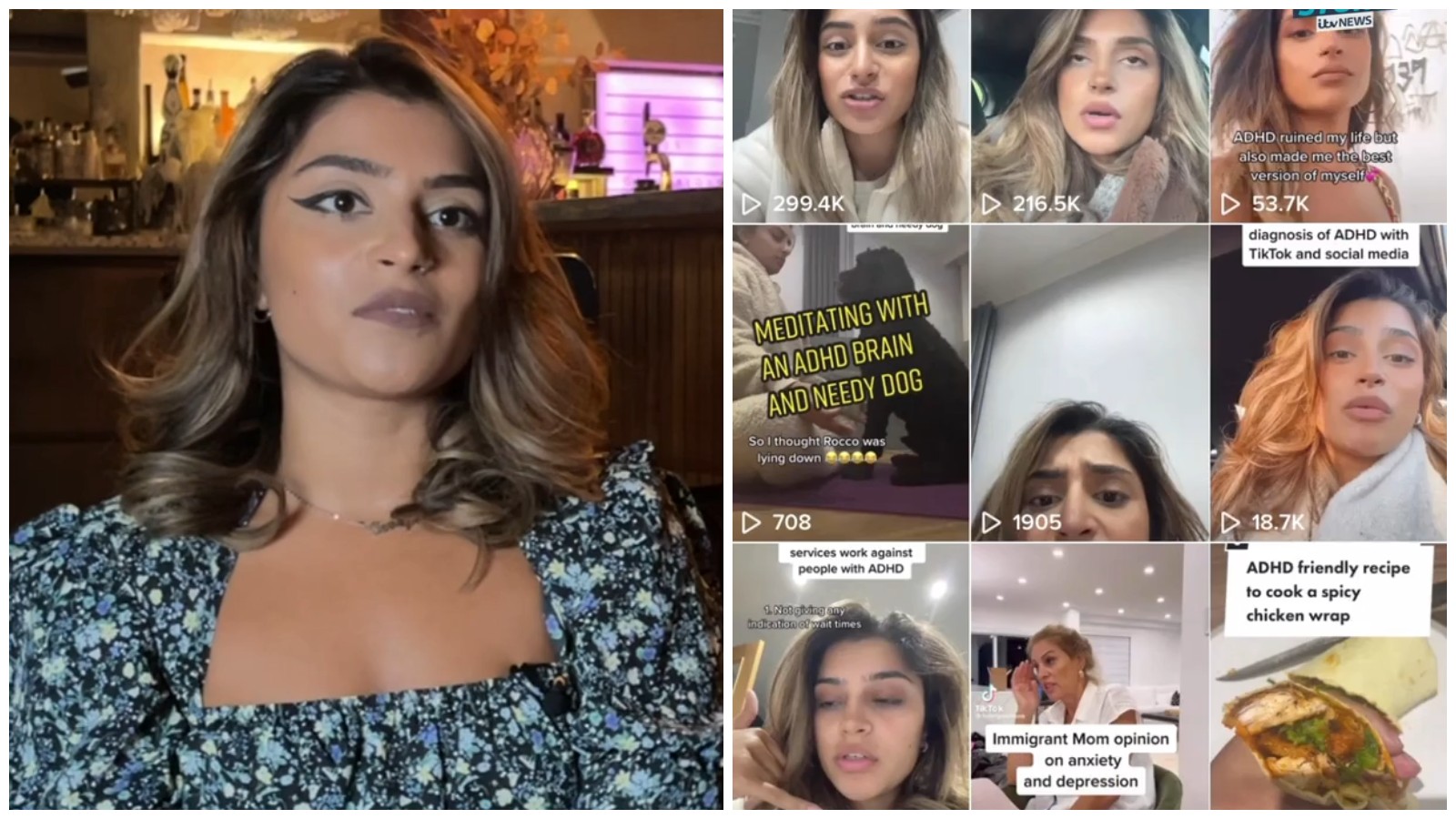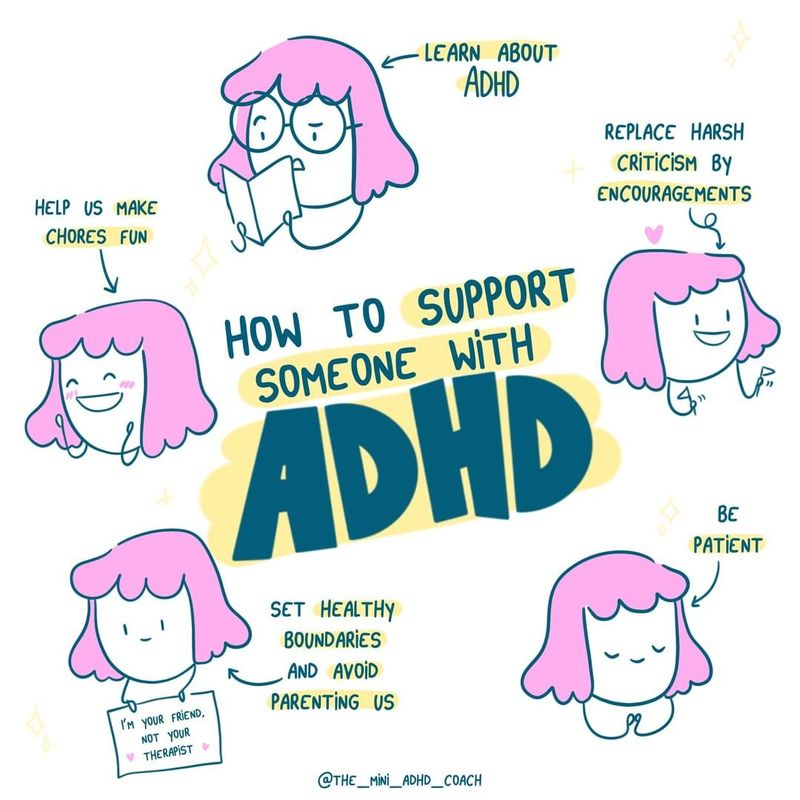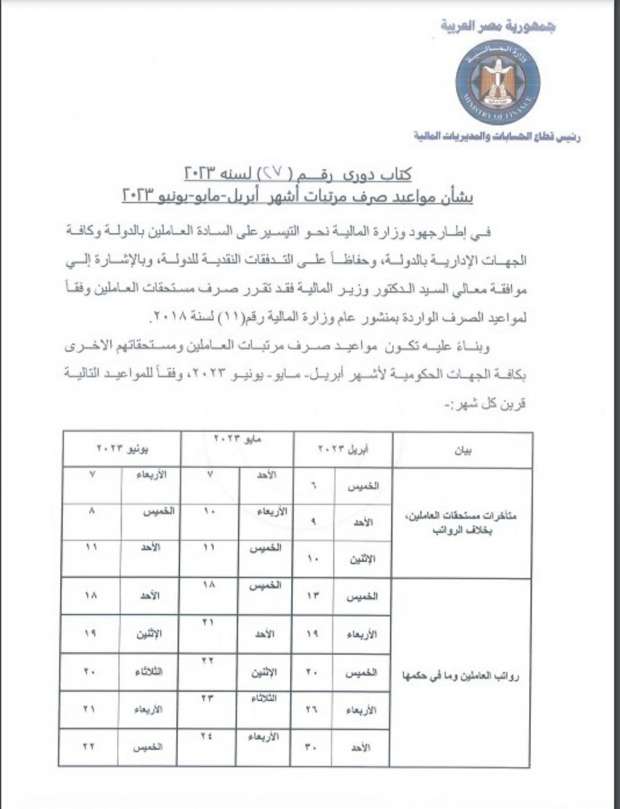Is TikTok Causing ADHD Misdiagnosis? A Critical Look

Table of Contents
The number of young adults diagnosed with Attention Deficit Hyperactivity Disorder (ADHD) is steadily rising. Simultaneously, TikTok, the short-form video platform, has exploded in popularity, captivating millions with its addictive, fast-paced content. This raises a crucial question: Is TikTok causing ADHD misdiagnosis? A critical look at the potential link between short-form video consumption and attention deficit hyperactivity disorder diagnoses is needed to understand this complex issue. This article will explore the potential correlation between heavy TikTok use and ADHD misdiagnosis, examining both sides of the argument and highlighting the need for further research.
H2: The Symptoms of ADHD and TikTok's Engagement Mechanisms
H3: Overlapping Symptoms: ADHD is characterized by inattention, hyperactivity, and impulsivity. Interestingly, TikTok's design actively engages these very behaviors.
- Short videos mirroring short attention spans: The platform's core mechanic—short, rapidly shifting videos—reinforces and potentially exacerbates short attention spans, a key symptom of ADHD.
- The "For You" algorithm reinforcing addictive behaviors: TikTok's sophisticated algorithm curates an endless stream of content tailored to individual preferences, creating a highly addictive experience that can be difficult to disengage from. This constant stimulation can mask or mimic the challenges with sustained attention seen in ADHD.
- Immediate gratification from likes and comments: The instant feedback loop of likes, comments, and shares provides immediate gratification, reinforcing the impulsive behaviors often associated with ADHD.
- Constant stream of novel content preventing sustained focus: The sheer volume of new content makes it challenging to maintain focus on any single task or activity for an extended period. This constant stimulation can interfere with concentration and task completion, mirroring symptoms of ADHD inattention.
H3: Conflation of Symptoms: The behaviors encouraged by TikTok—rapid switching between videos, impulsive engagement with content, and difficulty disengaging—might be misinterpreted as ADHD symptoms by individuals or healthcare professionals.
- Difficulty focusing on tasks outside of TikTok: While users may exhibit hyperfocus while scrolling through TikTok, they often struggle to maintain focus on tasks requiring sustained attention, like studying or completing work assignments.
- Impulsivity in liking/commenting/sharing: The ease of liking, commenting, and sharing content on TikTok can lead to impulsive actions that, out of context, could be interpreted as an ADHD symptom.
- Hyperactivity in constantly scrolling: The constant need to scroll and engage with new content can be perceived as hyperactivity, further blurring the lines between normal social media usage and clinical ADHD symptoms.
H2: The Role of Self-Diagnosis and TikTok's Influence
H3: Increased Awareness, Increased Self-Diagnosis?: TikTok has undeniably increased awareness of ADHD.
- Increased visibility of ADHD discussions: The platform hosts countless videos discussing ADHD symptoms, experiences, and coping mechanisms.
- Access to information about the disorder: Users can find information about diagnosis and treatment options, potentially leading to earlier help-seeking behavior.
- Potential for connecting with others who share similar experiences: Online communities on TikTok provide a space for individuals with ADHD to connect with others, offering support and shared experiences.
H3: The Dangers of Online Information: However, relying solely on online information for self-diagnosis carries significant risks.
- Misinformation and inaccurate portrayals of ADHD symptoms on TikTok: Not all information on TikTok is accurate or evidence-based, leading to potential misinterpretations of symptoms.
- Lack of medical expertise in online discussions: Online discussions lack the oversight and expertise of qualified healthcare professionals.
- Potential for self-medicating based on unreliable advice: Users might attempt to self-medicate based on information found online, which can be dangerous and ineffective.
H2: The Limitations of Current Research and Future Studies
H3: Correlation vs. Causation: It's crucial to differentiate between correlation and causation. While increased TikTok use and rising ADHD diagnoses may correlate, this doesn't automatically imply a causal relationship.
- Need for large-scale studies investigating the relationship: Robust research is needed to establish the nature and strength of any relationship between TikTok usage and ADHD diagnosis.
- Confounding factors (pre-existing conditions, other social media use, etc.): Many factors could influence both TikTok usage and ADHD diagnosis, making it difficult to isolate the impact of TikTok alone.
- Challenges in objectively measuring TikTok usage and its impact: Accurately measuring TikTok usage and its impact on attention and behavior presents significant methodological challenges.
H3: The Need for Further Research: More research is urgently needed to understand the complex relationship between social media use and mental health diagnoses.
- Longitudinal studies tracking individuals' TikTok usage and ADHD diagnoses over time: Longitudinal studies can help establish temporal relationships and potentially causal links.
- Studies comparing TikTok users to non-users: Comparative studies can help isolate the effects of TikTok from other factors.
- Research exploring the impact of different TikTok content types: Some types of content may have a greater impact than others.
Conclusion:
This article explored the complex question, "Is TikTok causing ADHD misdiagnosis?" While TikTok offers increased ADHD awareness and community support, its design and addictive nature might contribute to the misinterpretation of symptoms or exacerbate existing attentional challenges. However, establishing a direct causal link requires further research. The potential for misdiagnosis highlights the critical importance of seeking professional help for ADHD concerns. Don't rely solely on online resources or self-diagnosis. Consult a qualified healthcare professional for an accurate diagnosis and appropriate treatment. Ultimately, the question of whether TikTok is causing ADHD misdiagnosis remains a complex one requiring further investigation. Seek professional help if you suspect ADHD; don't rely solely on online resources.

Featured Posts
-
 Explore The 2025 Porsche Cayenne High Resolution Interior And Exterior Photos
Apr 29, 2025
Explore The 2025 Porsche Cayenne High Resolution Interior And Exterior Photos
Apr 29, 2025 -
 Pw C Exits Nine Sub Saharan African Nations A Detailed Look
Apr 29, 2025
Pw C Exits Nine Sub Saharan African Nations A Detailed Look
Apr 29, 2025 -
 Understanding The Impact Of Group Support On Adhd Symptoms
Apr 29, 2025
Understanding The Impact Of Group Support On Adhd Symptoms
Apr 29, 2025 -
 Los Angeles Palisades Fire A List Of Celebrities Who Lost Homes
Apr 29, 2025
Los Angeles Palisades Fire A List Of Celebrities Who Lost Homes
Apr 29, 2025 -
 Reaching A Mature Audience You Tubes Expanding Viewership Npr
Apr 29, 2025
Reaching A Mature Audience You Tubes Expanding Viewership Npr
Apr 29, 2025
Latest Posts
-
 Tarykh Srf Rwatb Shhr Abryl 2025 Dlyl Shaml Llmstfydyn
Apr 30, 2025
Tarykh Srf Rwatb Shhr Abryl 2025 Dlyl Shaml Llmstfydyn
Apr 30, 2025 -
 Meashat Abryl 2025 Mwed Alsrf W Alijraeat Allazmt L 13 Mlywn Mwatn
Apr 30, 2025
Meashat Abryl 2025 Mwed Alsrf W Alijraeat Allazmt L 13 Mlywn Mwatn
Apr 30, 2025 -
 Akhbar Meashat Abryl 2025 Mwed Alsrf W Akhr Althdythat
Apr 30, 2025
Akhbar Meashat Abryl 2025 Mwed Alsrf W Akhr Althdythat
Apr 30, 2025 -
 Mta Sytm Srf Meashat Abryl 2025 Melwmat Hamt L 13 Mlywn Mwatn
Apr 30, 2025
Mta Sytm Srf Meashat Abryl 2025 Melwmat Hamt L 13 Mlywn Mwatn
Apr 30, 2025 -
 Mwed Srf Meashat Shhr Abryl 2025 Llmwatnyn Melwmat Rsmyt
Apr 30, 2025
Mwed Srf Meashat Shhr Abryl 2025 Llmwatnyn Melwmat Rsmyt
Apr 30, 2025
